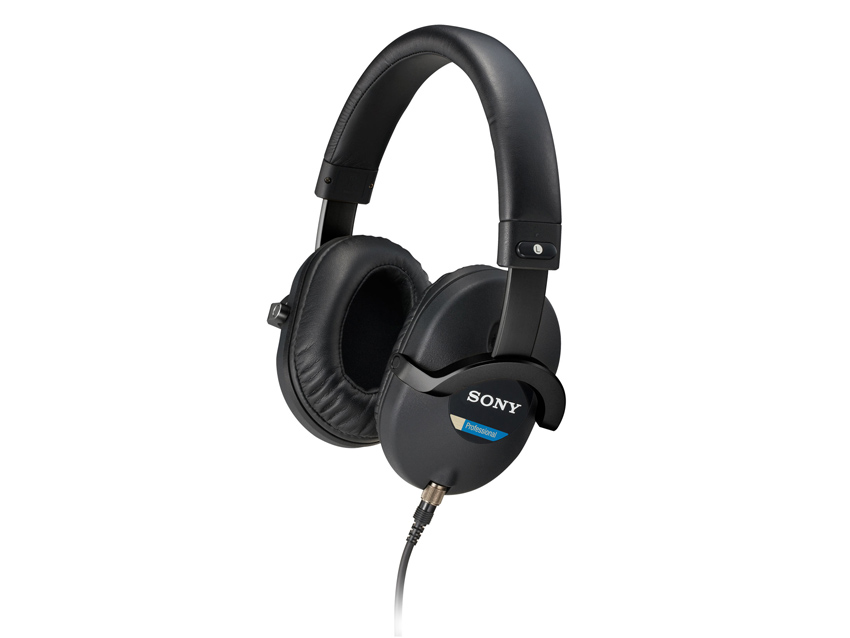MusicRadar Verdict
You can pay less for studio headphones, but they probably won't be as good as these.
Pros
- +
Headphones that ooze sonic class. Great power and frequency range. Unmistakeable quality.
Cons
- -
Not cheap.
MusicRadar's got your back
No programmer, producer or mix engineer worth their salt would contemplate carrying out a professional task without referring their mix to headphones at some stage. Indeed, many are as reliant on a decent pair of cans as they are on their studio monitors.
Sony has a proud pedigree in this field. The pair on review here extends its MDR-7500 range, and are designed for critical listening
The good news is that 7520s take headphone monitoring to a whole other level (as you'd hope, given that these cans cost £455). The quality is unmistakable, with an extremely detailed sound and staggering power.
The 7520a feature a closed-back design, which provides a great level of acoustic isolation, and provide a whopping 4000mW, driven by a 50mm unit which uses a liquid crystal polymer film diaphragm. The frequency response is impressive, ranging from 5Hz to 80kHz.
The amount of power offered here would cause vibrations in most headphone designs but Sony has countered this with a specially-designed magnesium-alloy housing, which has the added benefit of reducing weight and aiding comfort through extended listening sessions.
And what a joy those sessions are: bass is robust but with tighter definition; the stereo picture seems very controlled; treble absolutely shines without becoming over-flattering; and there's a detail which users will find an essential friend as they check and double-check mixes.
In summary, the 7520s provide a rich, rewarding sound and are seriously impressive.
Want all the hottest music and gear news, reviews, deals, features and more, direct to your inbox? Sign up here.
Future Music is the number one magazine for today's producers. Packed with technique and technology we'll help you make great new music. All-access artist interviews, in-depth gear reviews, essential production tutorials and much more. Every marvellous monthly edition features reliable reviews of the latest and greatest hardware and software technology and techniques, unparalleled advice, in-depth interviews, sensational free samples and so much more to improve the experience and outcome of your music-making.

